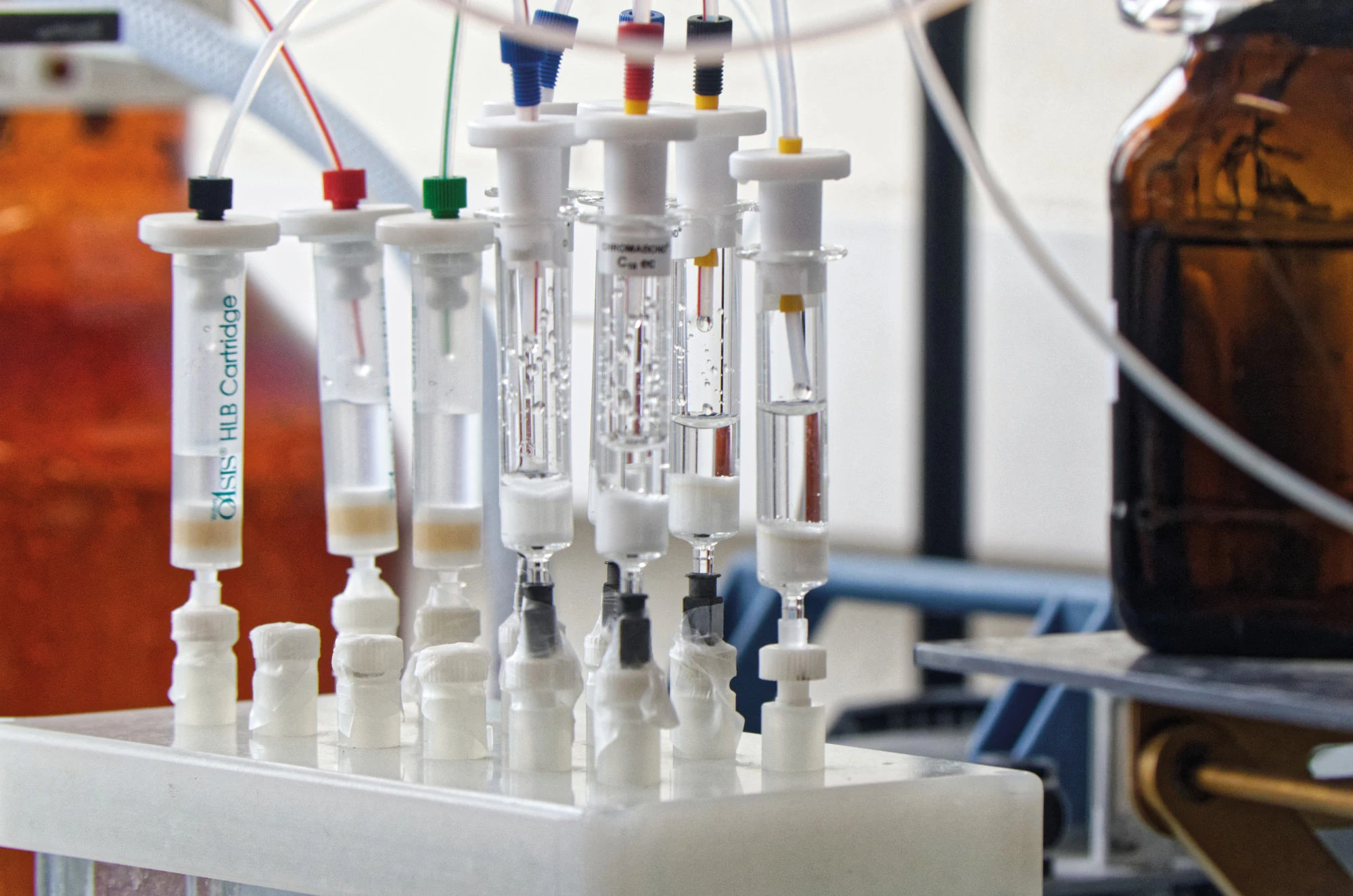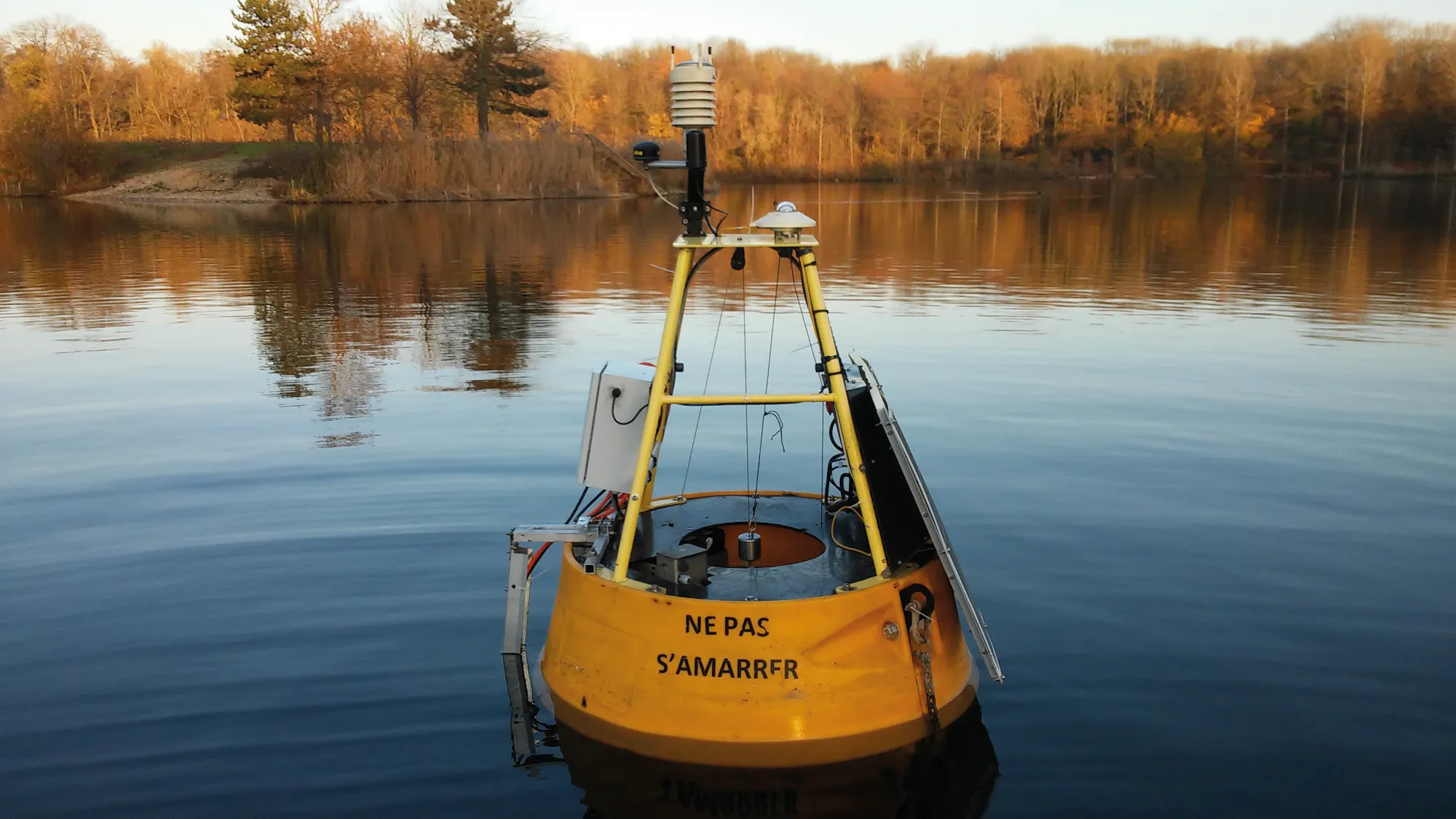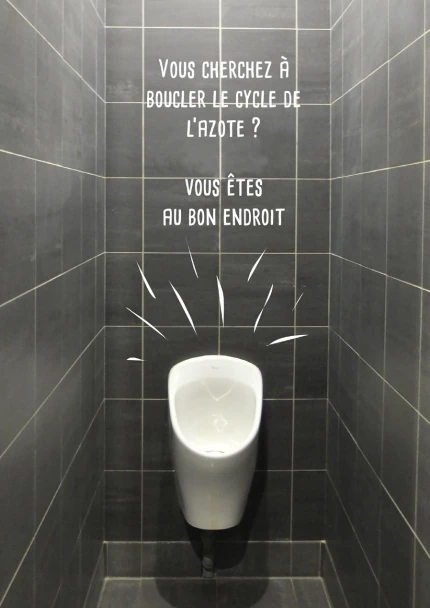Recent publications
936.
- titre
- Assessing water quality restoration measures in Lake Pampulha (Brazil) through remote sensing imagery
- auteur
- Alexandre Assunção, Talita Silva, Lino de Carvalho, Brigitte Vinçon-Leite
- article
- Environmental Science and Pollution Research, 2025, ⟨10.1007/s11356-025-35914-6⟩
- titre
- Do suspended particles matter for wastewater-based epidemiology?
- auteur
- Gauthier Bernier-Turpin, Régis Moilleron, Chloé Cenik, Fabrice Alliot, Sabrina Guérin-Rechdaoui, Thomas Thiebault
- article
- Water Research, In press, 280, pp.123543. ⟨10.1016/j.watres.2025.123543⟩
- titre
- Plastic debris dataset on the Seine riverbanks: up to 38 000 pre-production plastic pellets reported per square meter
- auteur
- Romain Tramoy, Laurent Colasse, Johnny Gasperi, Bruno Tassin
- article
- Data in Brief, 2025, pp.111735. ⟨10.1016/j.dib.2025.111735⟩
- titre
- La persistance des champs d’épandage d’eaux usées de l’agglomération parisienne au cours du second XXe siècle
- auteur
- Etienne Dufour
- article
- Métropolitiques, 2025, ⟨10.56698/metropolitiques.2174⟩
- titre
- Stock and vertical distribution of microplastics and tire and road wear particles into the soils of a high-traffic roadside biofiltration swale
- auteur
- Max Beaurepaire, Tiago de Oliveira, Johnny Gasperi, Romain Tramoy, Mohamed Saad, Bruno Tassin, Rachid Dris
- article
- Environmental Pollution, 2025, 373, pp.126092. ⟨10.1016/j.envpol.2025.126092⟩
Theme 1: Towards more resilient urban water management Models
Description
In the context of global changes, it is essential to explore potential pathways for evolving sanitation systems to address the challenges of the 21st century. New approaches to managing water, nutrient flows, and pollutants are being developed. These approaches aim to consider the recovery of carbon, nitrogen, and phosphorus resources currently found in wastewater and stormwater, leveraging their potential for climate change adaptation, while promoting alternative water resources to potable water, reducing energy consumption, and minimizing the environmental impact of urban systems.
This theme focuses on the analysis of emerging socio-technical systems related to water and material management, along with their associated processes. It aims to evaluate their performance through an interdisciplinary approach, optimize their operation, and support their deployment. The new management models under study range from incremental to transformative shifts compared to dominant practices. They require changes in the practices of urban stakeholders (managers, developers, residents, associations, etc.), including: implementing source separation of urine and fecal matter for agricultural reuse; using or recycling non-conventional water resources at the parcel or neighborhood scale; and promoting source-based stormwater management.
The theme is composed of several sub-themes:
- Integrated Stormwater Management
- Source Separation and Management of Urban Excreta
- Alternative Water Resources and Reuse









 Scientific production
Scientific production Technical resources and equipment
Technical resources and equipment Expertise and disciplines
Expertise and disciplines


